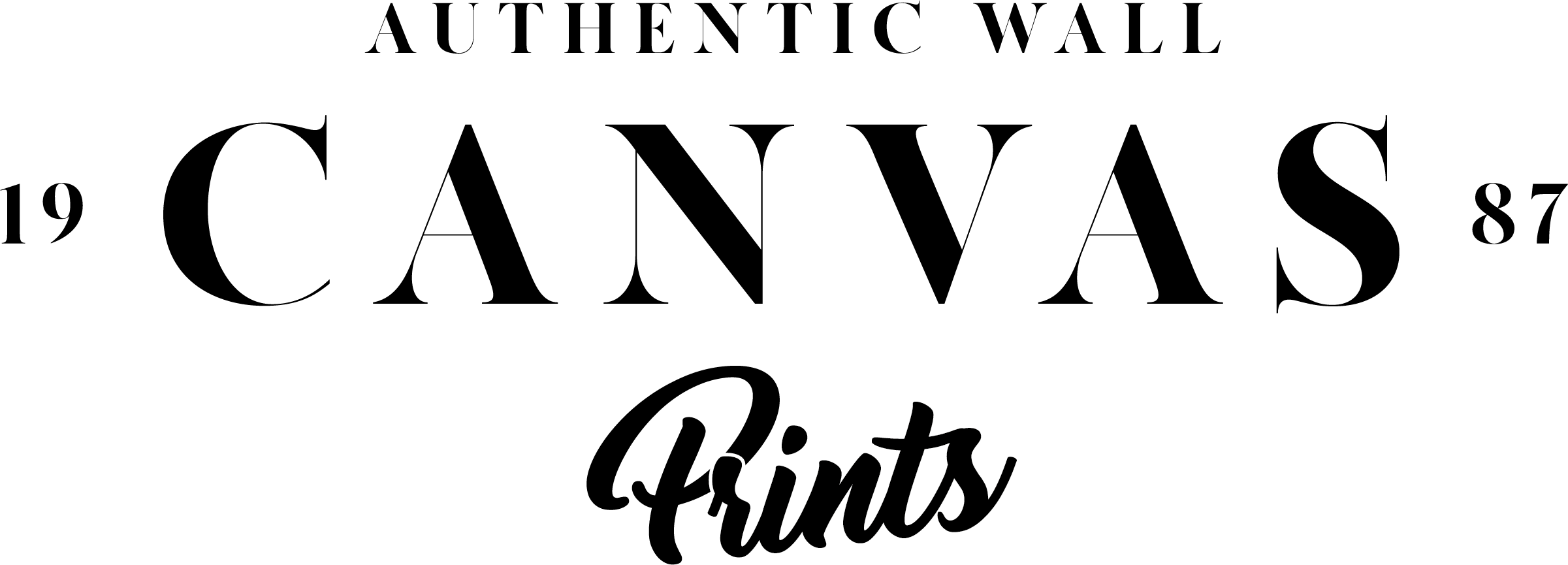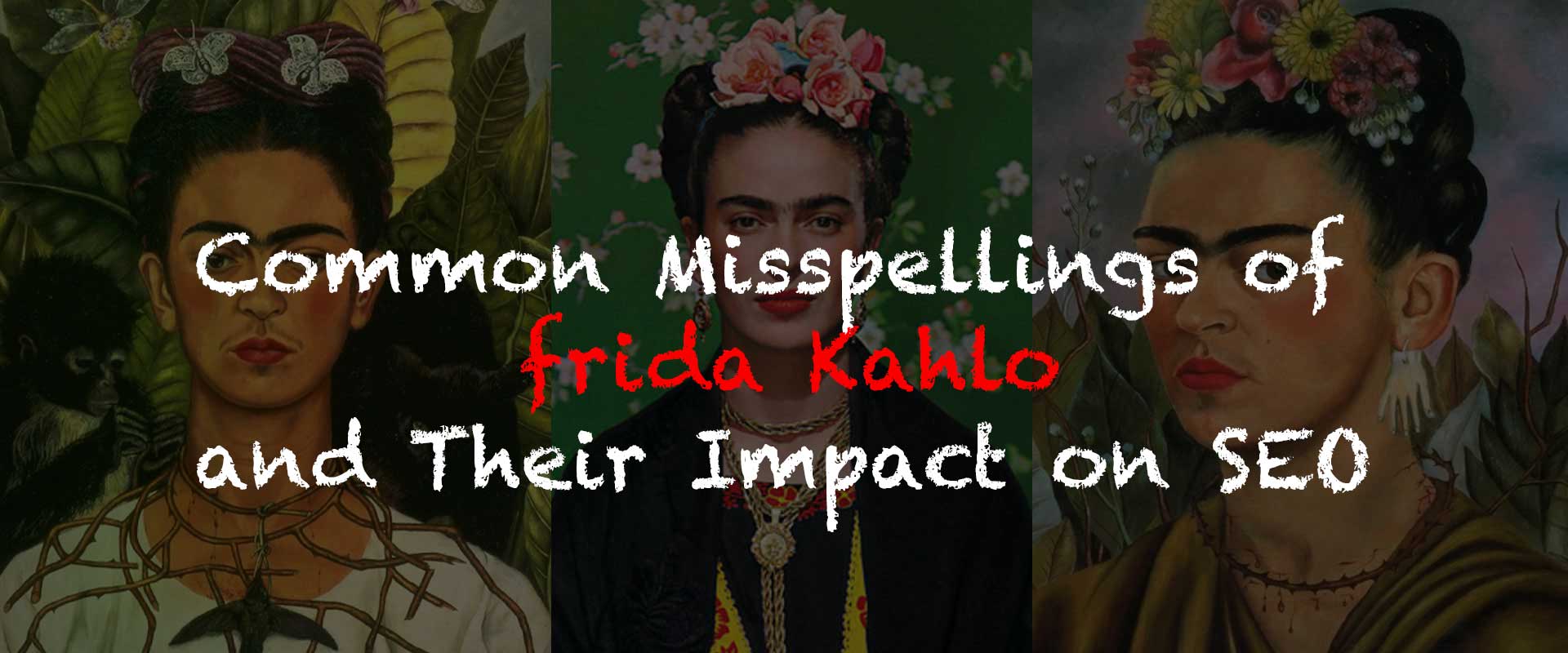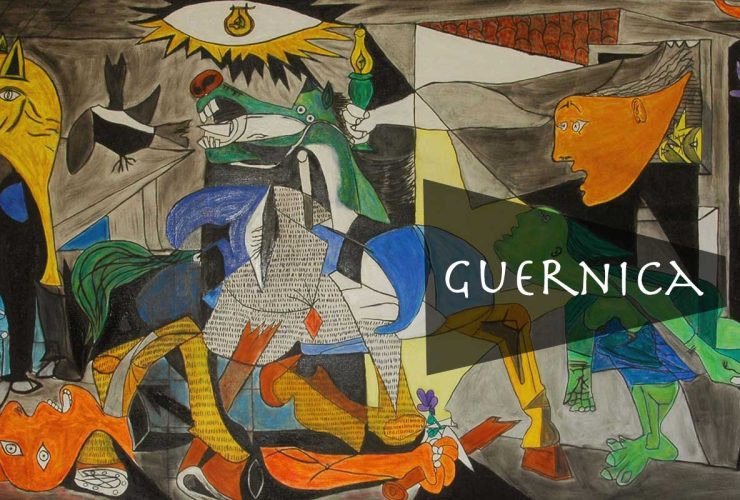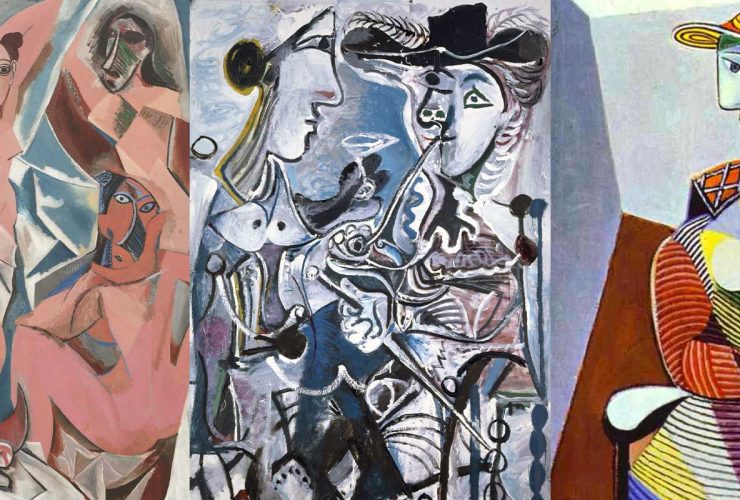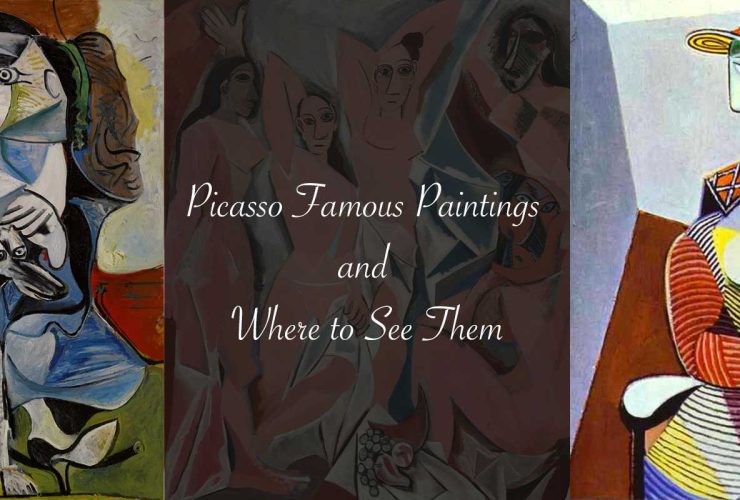Frida Kahlo is one of the most recognized names in global art history, yet her name is also one of the most frequently misspelled online. Variations such as “Frieda Kahlo,” “Frida Khalo,” “Freda Kahlo,” and “Frida Kahloe” appear across websites, blogs, social media, and even in some marketing materials. While these errors may seem harmless, they carry real consequences—not only for historical accuracy but also for search engine optimization (SEO) and the way people discover information about her online.
In the digital age, search algorithms rely heavily on precise spelling to match users with relevant content. When a name as iconic as Frida Kahlo is misspelled, it can fragment search traffic, impact keyword targeting, and even misdirect potential audiences. Whether you are a museum curator, an art dealer, a blogger, or a casual fan, understanding how these variations affect online discoverability is essential for both accuracy and visibility.
The Correct Spelling: Frida Kahlo
The correct spelling is Frida Kahlo—no “e” in Frida, no extra “h” in Kahlo, and no additional letters. Born Magdalena Carmen Frida Kahlo y Calderón in 1907 in Coyoacán, Mexico, she consistently signed her work and correspondence using this form. The surname “Kahlo” came from her father, Guillermo Kahlo, a German-born photographer.
Today, authoritative sources such as museums and reputable art retailers, including the curated Frida Kahlo Wall Art Prints collection, maintain strict accuracy in spelling to honor her legacy and ensure clear search indexing.
Common Misspellings and Their Origins
1. Frieda Kahlo
This variant stems from German linguistic influence. “Frieda” is a common German name meaning “peace,” and some people assume her first name follows this convention because of her father’s heritage.
2. Frida Khalo
A phonetic error that inserts an “h” after the “K,” influenced by the way English speakers sometimes try to represent Spanish pronunciation patterns.
3. Freda Kahlo
A simplification where the “i” in Frida is dropped, often due to typographical habits or attempts to shorten the name.
4. Frida Kahloe
An uncommon but still visible error where an extra “e” is added to the surname, possibly influenced by English name endings like “Chloe.”
Why Misspellings Persist Online
- Phonetic transcription in other languages – Names often adapt to fit local phonetic rules in translations.
- Autocorrect and predictive text – Devices sometimes “correct” unfamiliar words into more familiar ones.
- Social media repetition – High-volume, informal sharing allows typos to spread quickly.
- Historical printing errors – Old publications with misspellings are digitized and indexed, perpetuating inaccuracies.
SEO Implications of Misspelling Frida Kahlo
1. Keyword Fragmentation
When audiences search for both “Frida Kahlo” and “Frieda Kahlo,” search traffic splits across variations. This can dilute the effectiveness of SEO campaigns targeting her correct name.
2. Lost Search Visibility
If your content only targets “Frida Kahlo” and users search “Frida Khalo,” they may never see your page unless search engines successfully correct their query.
3. Reduced Authority Signals
Frequent misspellings in headings, meta descriptions, and image alt text can make a page appear less authoritative to search engines, especially when competing against pages that use consistent, correct terminology.
4. Risk of Misdirection
Incorrect spellings can lead users to low-quality or irrelevant results, lowering engagement metrics that affect SEO rankings.
How Search Engines Handle Misspellings
Search engines like Google are equipped with “Did you mean?” corrections and fuzzy matching algorithms that help users find relevant results despite typos. However, while this aids discoverability, it’s not a substitute for accurate keyword targeting. Sites that intentionally optimize for both the correct and the most common incorrect spellings can capture a wider range of search traffic, but this must be done carefully to avoid diminishing brand and historical authenticity.
Balancing SEO Strategy with Accuracy
For those creating content about Frida Kahlo, the challenge is to balance strict accuracy with strategic visibility. The best practice is to prioritize correct spelling in titles, meta descriptions, headings, and on-page text, while also acknowledging common misspellings in secondary keyword fields, FAQ sections, or internal search optimizations.
For example, while the main heading should read “Frida Kahlo,” a subheading or internal search tool might include “Frieda Kahlo” as a synonym to capture searches without displaying the error prominently.
The Role of Correct Naming in Collections and Galleries
In the art world, names carry weight. Using the correct spelling in descriptions of artwork is essential for provenance, credibility, and audience trust. Browsing an artist-focused collection like Artists demonstrates the importance of uniformity. Every mention of Kahlo’s work is carefully spelled to maintain historical integrity while also optimizing for search relevance.
No products found.
Protecting Frida Kahlo’s Digital Legacy
Misspelling a name as historically significant as Frida Kahlo does more than create SEO inefficiencies—it risks eroding the authenticity of her story. In the art world, precision matters for provenance, academic research, and public education. Allowing misspellings to dominate online spaces diminishes the strength of her legacy.
Content creators, retailers, and educators have a shared responsibility to model accurate usage. This means correcting errors when possible, avoiding repetition of misspelled terms without clarification, and ensuring product listings, metadata, and marketing materials align with historical records.
Tips for SEO-Friendly Accuracy
- Always use “Frida Kahlo” in titles, headings, and anchor text.
- Include common misspellings only in hidden SEO fields, not public-facing titles.
- Optimize image alt text with the correct spelling first, then add common variants if space allows.
- Use structured data to reinforce correct naming in search results.
Conclusion
The common misspellings of Frida Kahlo’s name—such as “Frieda Kahlo,” “Frida Khalo,” and “Freda Kahlo”—highlight how language, culture, and technology influence the way we search and consume information. While search engines are getting better at recognizing and correcting typos, accuracy still plays a crucial role in SEO success. By using the correct spelling consistently and strategically addressing common errors in backend optimization, content creators can both honor Frida Kahlo’s legacy and maximize search visibility.
For anyone engaging with her work—whether through exhibitions, academic study, or curated art purchases—maintaining the integrity of her name is a mark of respect, accuracy, and professional credibility.

